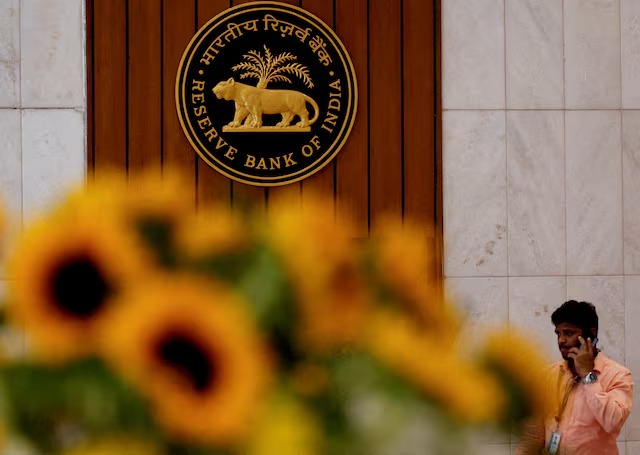The Reserve Bank of India has sought feedback from large market participants on aligning the overnight interbank call money rate more closely with the policy repo rate, five treasury officials aware of the discussions told Reuters on Monday. The move follows a Reuters report last week that said the RBI wants the overnight call rate to broadly align with the policy repo rate and is considering steps to ensure that happens.
The policy rate currently stands at 5.50%, while the overnight call rate averages 5.30% and the TREPS rate hovers near 5.20%. The overnight call rate and TREPS rate have averaged below the policy rate since April. A persistent gap between the RBI's operative rate and the policy rate typically signals that banks are accessing cheaper funding than what the central bank is comfortable with. The RBI spoke with large treasury officials on Friday to review liquidity conditions and understand why the overnight call rate — the operative policy target — has been persistently trailing the repo rate, two of the sources said.
None of the sources wanted to be named because they are not authorised to speak to the media. The RBI did not immediately reply to a Reuters email seeking comment. The central bank is also keen to understand why treasury bill yields have spiked in the last week, the two sources added. The yield on 364-day notes was sharply higher than estimates last Wednesday. "The motive seemed to be to sensitise the market that a variable rate reverse repo auction would be in the offing," a senior official at a state-run bank said. The source had added that the RBI could start conducting variable rate reverse repo auctions to suck out surplus liquidity as and when required. The weighted average overnight call rate has remained well below the RBI's key repo rate and closer to the policy corridor's floor, the Standing Deposit Facility rate, for the past few weeks. Markets are relatively calm as Israel and Iran continue to exchange missiles.













